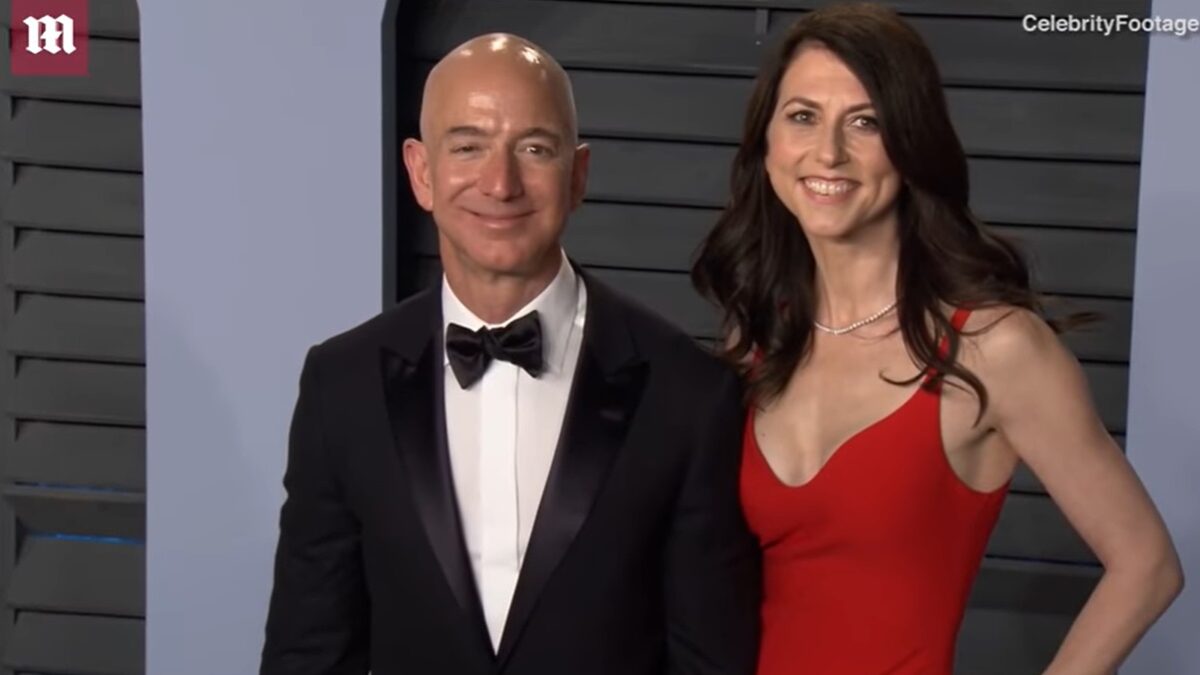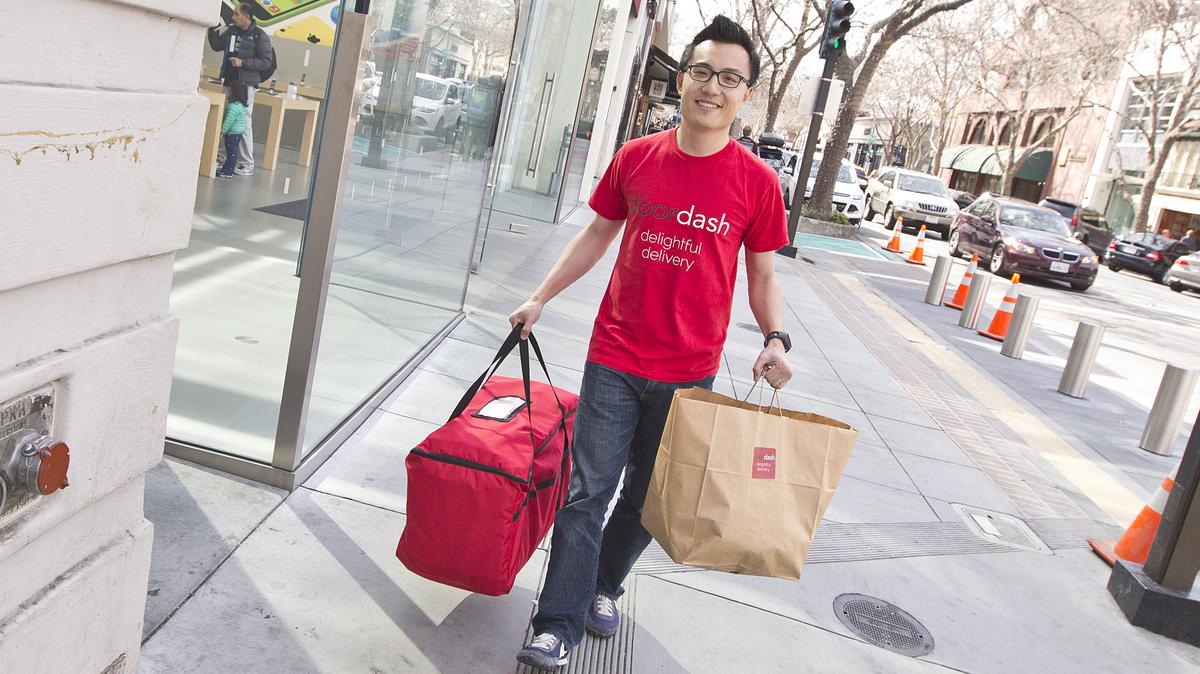
At 9:05 a.m. on a Monday morning, I was asked a simple career question which took me a week of agonizing to answer. For the past few years, I’ve participated in an office mentorship program, matching volunteers with nearby high-school seniors. The first email of this spring’s program was delivered with a punch to the gut. After a perfectly fine introduction, the student’s letter innocently took a sinister turn: “Was it something you decided to be from a young age?”
I sat hunched over the computer, my heart thumping painfully hard, stunned at my disheartened response to the question. Why was I an administrative assistant? I had never planned to be one from a young age; it just happened. Initially, I studied be a teacher, both at the undergraduate and graduate level, simply because I liked working with children and loved literature. Much later, I earned various licenses in the financial services field with the idea of taking over my father’s practice one day.
I’ve also worked retail jobs and have been a waitress, a personal care attendant, and now a barista. After close to 40 years in the workforce in nine different fields, I yearned to ascertain a vocation that would suit my interests and gifts, pay the bills, and carry me into retirement years. Did I have a vocation, or didn’t I?
What’s a Career for, Anyway?
Martin Luther called work, also known as vocation, a mask of God. He taught that God is hidden in ordinary people: from morning newspaper delivery person, grocery store clerk, gas station attendant and front desk receptionist—all the people behind the scenes who keep you safe and make your life possible. As Gene Veith writes in his book, “God At Work”:
Consider that God looms behind them all, blessing you through all of these people working in their vocations. And God also works through you. You do things for your family, your friends, the people in your church. On the job, you do things for your customers and people you work with. You provide goods or services that help others (otherwise, you wouldn’t stay in business very long).
Two years ago, my vocation was set. Our children were grown, and I was prepping to take over my father’s practice. There was only one problem: I didn’t want to do it. I yearned for some elusive different thing. After the swift and untimely deaths of two friends, my college roommate, Lori, to pancreatic cancer, and my workplace friend, Judy, to a snowy car crash, I decided to stop existing and start living.
Over the course of a year, I lost 65 pounds and improved my health. I chose to work part-time as an assistant rather than full-time as an advisor. I renewed my teaching license and took occasional substitute jobs. I then celebrated my renewed life by taking a third part-time job doing the hardest thing I could think of—barista at a local coffee shop.
I began granting myself permission to do frivolous things like reading fiction, attending book fan club gatherings, and going to concerts held in bars (oh, the horror!). I made more time for my true passions: my husband and writing. I was at my lowest wages since early motherhood, yet I could face each day without regret.
Breaking the Mold Is Uncomfortable
So, why had I reacted so negatively to the career question? I realized that part of me is still embarrassed that I didn’t follow the career path of many of the women I knew. While most of my friends were enjoying their peak earning years, I didn’t even have a succinct term to throw out in conversations, let alone a nice retirement fund. I was shamefaced to list off my part-time jobs.
Yet, if I was happy in my career pieced together from various masks of God, then I needed to stop shaming myself. After a week of reflection, I was able to put together a response that I could use as my new mantra. I ended my email reply like this:
“I wasn’t one of those kids who knew what she wanted to do when she grew up. I liked to read and I liked to help people; that never changed about me as I got older. The jobs I have found over the years have each been different, but they have all offered me the opportunity to do the things I liked while earning money. For me, that is how I found happiness in my work life.”









